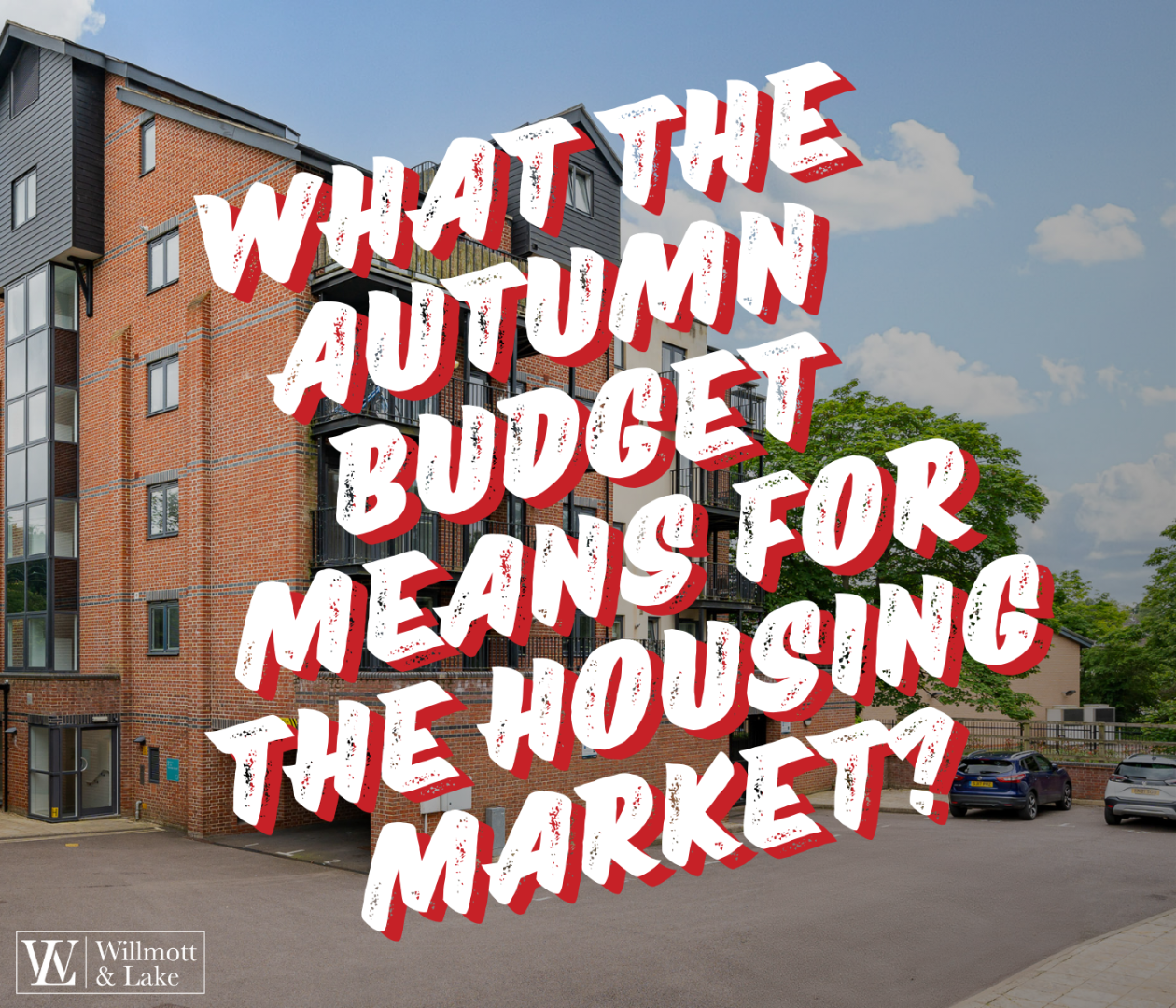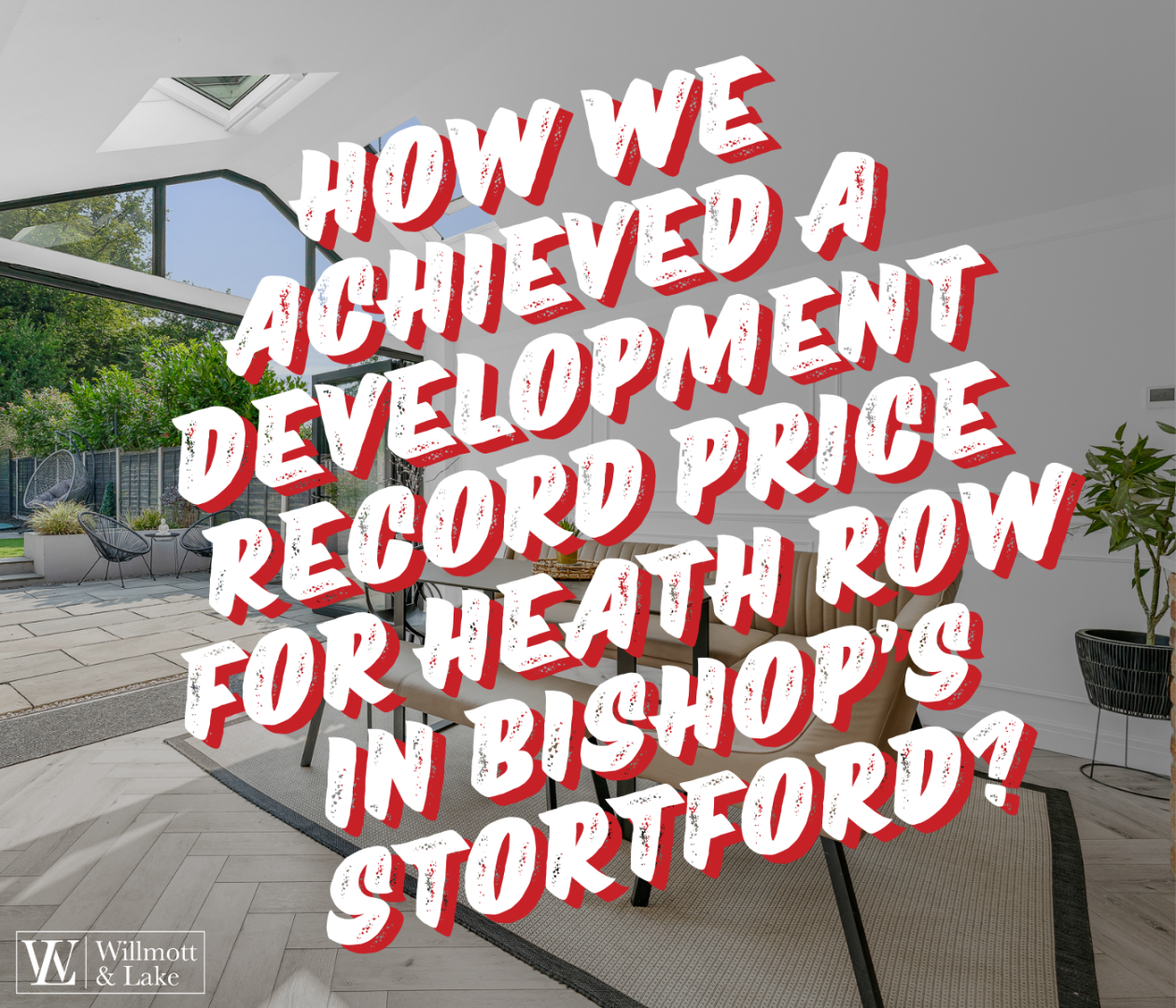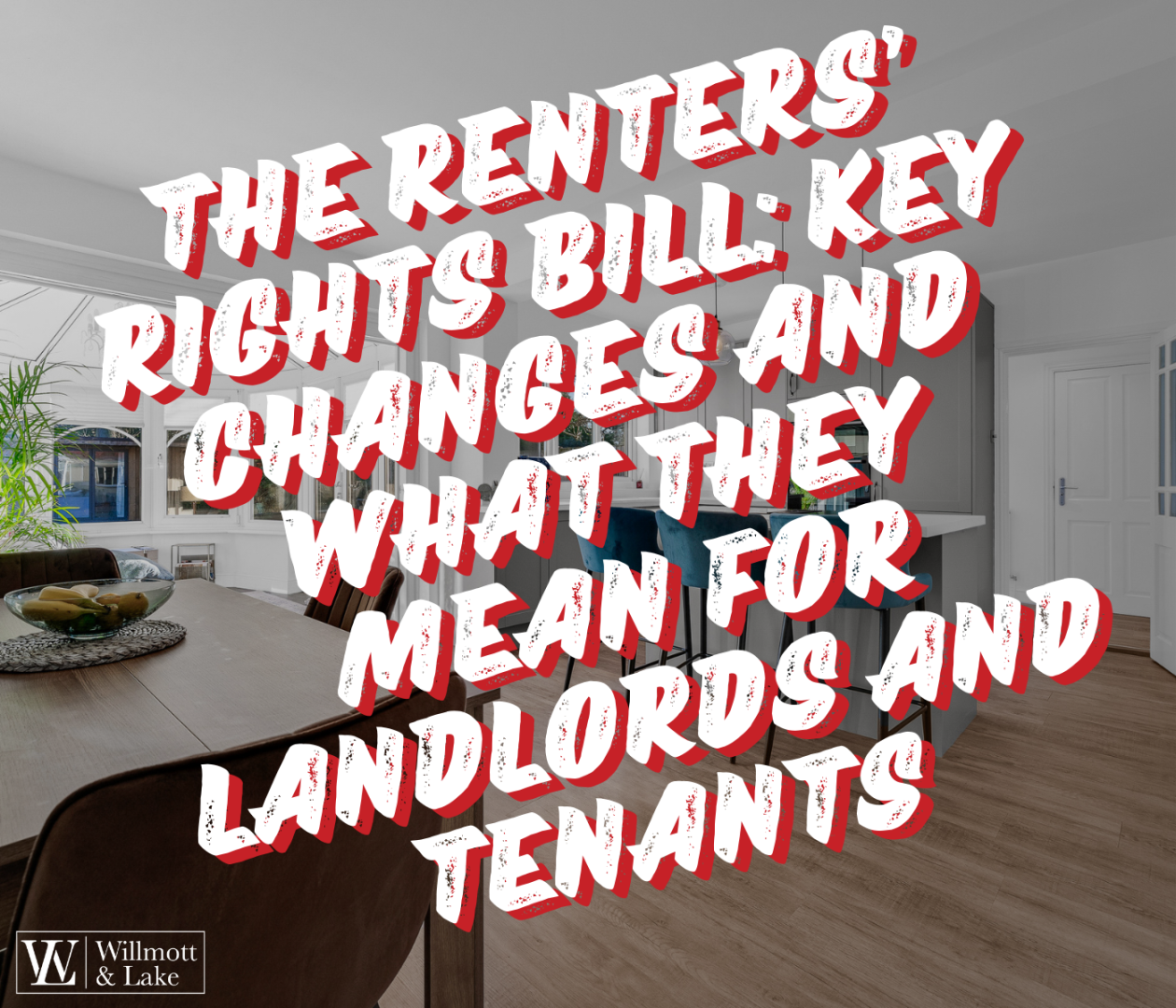Chancellor Rachel Reeves has presented the Autumn Budget, marking the first Labour Budget in 14 years. With ongoing cost of living concerns and high mortgage rates, this budget has been under close watch. Recent studies reveal that average first-time buyer mortgage payments are £350 more than they were five years ago. Household energy bills, though down from last year’s peak, rose by 10% under the latest price cap, adding to the financial challenges for homeowners and buyers.
Key Changes Announced for Housing
In this Budget, the government introduced several housing initiatives:
- Investment in Affordable Housing: A £5 billion investment in Labour’s housing strategy includes a £500 million increase in the Affordable Homes Programme, with notable projects such as 2,000 new homes planned for Liverpool Central Docks.
- Energy-Efficient Housing: £25 million will support the creation of 3,000 energy-efficient homes, all of which will be affordable.
- Mortgage Support: The government is considering making the Mortgage Guarantee Scheme permanently available to help more people secure 95% loan-to-value mortgages.
- Capital Gains Tax: Contrary to expectations, Capital Gains Tax on residential property remains unchanged, providing some stability for property investors.
Stamp Duty Update
There were no extensions announced for the current first-time buyer stamp duty relief, which is set to end in March 2025. Additionally:
- Second Home Stamp Duty Surcharge: Buyers of additional properties, such as landlords, will see a surcharge increase from 3% to 5%, effective from October 2024.
- Impending Changes in Stamp Duty Thresholds: The Conservative government’s temporary stamp duty threshold changes, which have benefited first-time buyers and reduced fees for many, will also expire in March 2025 unless extended.
Current Housing Market Trends
Despite cost pressures, the housing market has shown strong activity this autumn, with a 29% increase in sales agreed compared to last year and a 17% rise in enquiries from potential buyers. The supply of homes has also grown by 12%, offering more options to buyers. However, house price growth remains slower than average at 0.3%, reflecting a price-sensitive market where realistic asking prices are crucial for attracting buyers.
In summary, while the Budget offers a boost for affordable housing and maintains the existing Capital Gains Tax, buyers and sellers should stay mindful of potential stamp duty changes and the continuing need for realistic pricing in a competitive market.







Share this with
Email
Facebook
Messenger
Twitter
Pinterest
LinkedIn
Copy this link